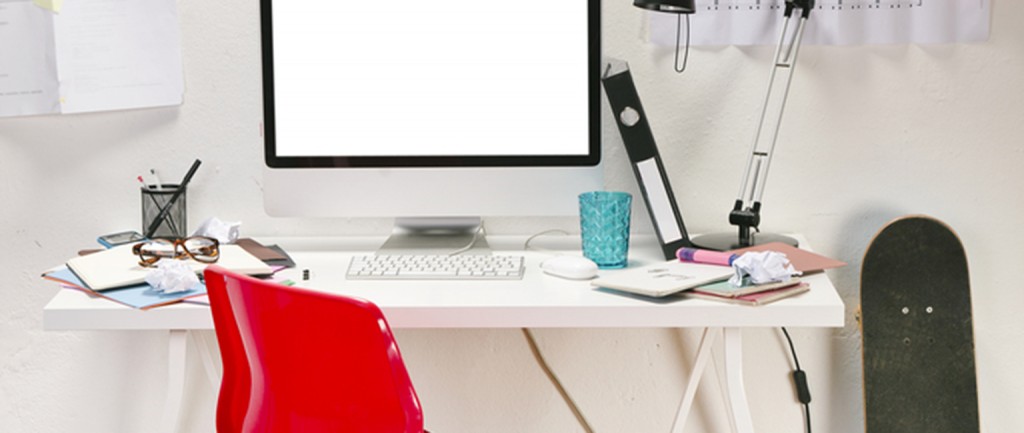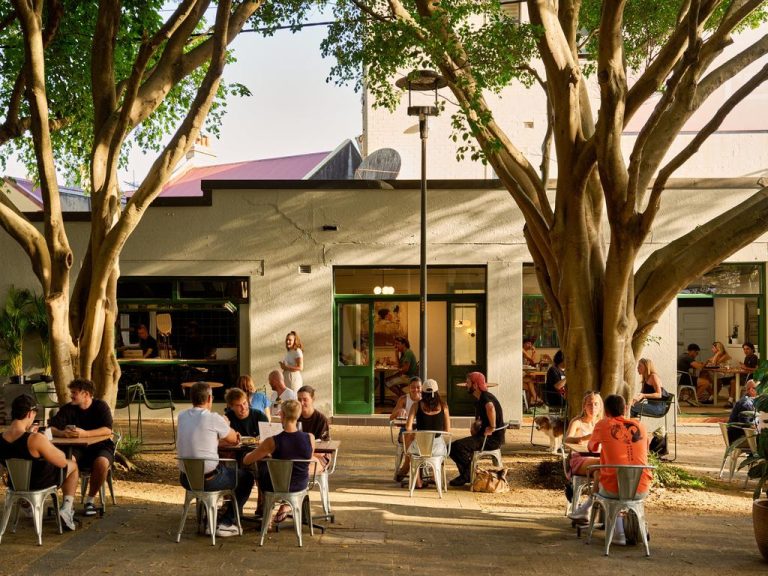Home office or traditional office: weighing up the options

Home office vs. traditional office – it’s a decision many small businesses grapple with and will continue to debate in the future. Here are some of the key factors to consider.
Home office cost
Perhaps, most importantly, is the cost. It’s indisputable that a home office has definite cost advantages. If you have the room for a home office then, on the surface, it seems silly to pay extra for another office away from home. This applies not only to the rent but also a bank guarantee (security), insurance and legal costs. There are also tax advantages for both. Many people subsidise electricity costs, rates, phone, data costs etc on a home office with their normal home expenses. This can make a significant difference to the household budget.
Flexibility
The next consideration is flexibility. Most office landlords will want a lease commitment; this is usually between one and three years, which will need to be signed, committing you to the space. With a home office you have flexibility to use it for as long (or as little) as you need it.
Travel is another advantage that can be taken into account. When you work from home, there are no traffic or public transport issues! This sounds like the ideal scenario; wake up and walk straight into your office, no delays or frustration.
With all this flexibility, however, come many disadvantages as well. Some of these include:
Growth. The need for future expansion must be considered. The issue of privacy also needs to be considered. You will need to share your house with colleagues, and this undoubtedly creates issues. No matter how small or large they are, it’s still an invasion of privacy to have a team in your home. A traditional office can be found that fits your exact brief, office incentives are higher than they ever have been and there are so many options on the market that will fit in with your size (pardon the pun) and budget requirements.
Distractions. Distractions also come into play. These can be multiple and varied, from family members distracting you, TV, pets, chores and neighbours – there are many opportunities to be distracted. Of course, it depends on the individuals; some people get more distracted than others and motivational levels vary, some people are happy to work alone while others need to be surrounded by others to stay motivated. A traditional office will offer more structure and a more professional working environment to most people.
First Impressions Count
Apart from all of this, a traditional office makes you look far more professional. Think about it like this … you send out a brief to redesign your company’s website to three boutique agencies. Two come in head to head, but one is working out of an apartment in the suburbs and the other has an office in the CBD. Who would you go with? My money is on the agency in the CBD, most likely because it seems the most stable, with a team of people behind the door. Now, this of course may not be the case, but we all know how much first impressions count for.
In summary, a home office sounds like a good idea however in reality most people opt for a traditional office space.
If you are an individual who is self motivated and happy to work on your own then a home office is an ideal option. However, if you are running a business with multiple staff then it will be very hard to make it work.
To make the transition easier, lease a traditional office with any potential growth in mind, convenient location and a work environment that will keep staff focused and motivated.







